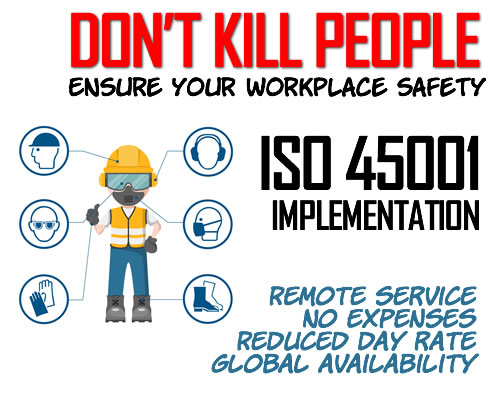Washington DC — In a refreshingly blunt and honest critique of the Center for Medicare and Medicaid Services (CMS) mandate that providers of durable medical equipment (DME) undergo a “competitive bidding process”, watchdog group Center for Regulatory Effectiveness (CRE) representative Bruce Levinson recently said, in an article with HomeCare Magazine:
[CMS is] literally decimating small businesses. It’s probably one of the most needlessly job-crushing rules—because of the way it was designed rather than being inherent in the mandatory statute—that I have ever seen. It is excessively burdensome.
In citing President Obama’s January 18 Executive Order that calls for, according to HomeCare Magazine, government agencies to “strike the right balance” in regulatory oversight and not placing undue burdens on business, Levinson said the president “stresses scientific integrity. This is a scientific discipline, and [CMS’] competitive bidding design fails every test.”
Oxebridge agrees. Christopher Paris, VP Operations for Oxebridge are developer of the company’s CMS Accreditation Preparation program, has been vocal in his criticism of the CMS competitive bidding program, and even its related accreditation program, despite the fact that Oxebridge offers accreditation prep services.
“We may be taking money out of our own pockets by saying this,” Mr. Paris said, “but CMS has failed at an incredible level in its deployment of both competitive bidding and third party accreditation of DME providers, the overwhelming bulk of which are small, family owned businesses started by the very entrepreneurs that government officials so often tout as driving the US economy.”
CMS mandated a competitive bidding program, tied to third party accreditation of DME companies (in a scheme similar to ISO 9001 certification), first as a means of reducing costs and improving services to patients purchasing medical equipment for the home, such as wheelchairs, nebulizers and sleep apnea devices. Later, CMS re-branded the effort as an anti-fraud move, downplaying any quality improvement intentions. Complicating matters, representatives of CMS would, with apparent randomness, announce new rules, in one case denying competitive bidding to an entire sector of the DME industry, called “consignment closet providers.”
Oxebridge has understood this to be a boondoggle for larger DME providers such as Lincare and Apria, who had a hand in crafting the competitive bidding process at its start. The result has been a dramatic increase in costs for tens of thousands of DME companies, many of which have less than ten employees, but which nevertheless create local jobs and provide valuable services to home-bound patients. Oxebridge has denounced the competitive bidding process as an attempt to “decimate” the small DME companies — the exact word used by Mr. Levinson — effectively allowing the US government to hand over an entire industry to a few large companies, no matter what the cost to the economy, jobs or patients in areas not served by those larger providers.
This view, in fact, prompted Oxebridge to offer its CMS Accreditation Preparation services at rates of only $3,000 for most clients, a fraction of what is charged by competing consultants, who often fail to customize the system to suit the particular client. “We saw an opportunity to use our ISO 9001 experience to help save an industry,” Mr. Paris said. “But keeping up with the ever-changing CMS moods and regulations, each of which appears designed to destroy these small companies, is a nightmare. We can barely keep up.”
There is an effort underway to repeal the competitive bidding aspect of CMS’ regulation of DME companies, but the third-party accreditation portion of the rules is likely to remain permanent no matter what. This requires DME providers to undergo an audit by a CMS-approved survey company, in a manner similar to ISO 9001 certification. But implementing the systems and then paying for audits has proven too expensive for many small-to-tiny DME providers, forcing them to abandon Medicare entirely, and in many cases shutting their doors.
“Even if it means we shut down our CMS Accreditation Prep services, I’d rather see the entire thing scuttled,” says Mr. Paris. “Third party quality certification is valuable, to be sure, but it must be rolled out in a fair manner that is affordable to the target industry. As it stands now, the combination of competitive bidding and accreditation is just too much of a burden on this industry, and marks an historic moment when the government is actively destroying jobs, rather than pretending to create them.”
For more on Oxebridge’s CMS Accreditation Preparation services, visit www.cmsaccreditation.com.
Christopher Paris is the founder and VP Operations of Oxebridge. He has over 35 years’ experience implementing ISO 9001 and AS9100 systems, and helps establish certification and accreditation bodies with the ISO 17000 series. He is a vocal advocate for the development and use of standards from the point of view of actual users. He is the writer and artist of THE AUDITOR comic strip, and is currently writing the DR. CUBA pulp novel series. Visit www.drcuba.world







